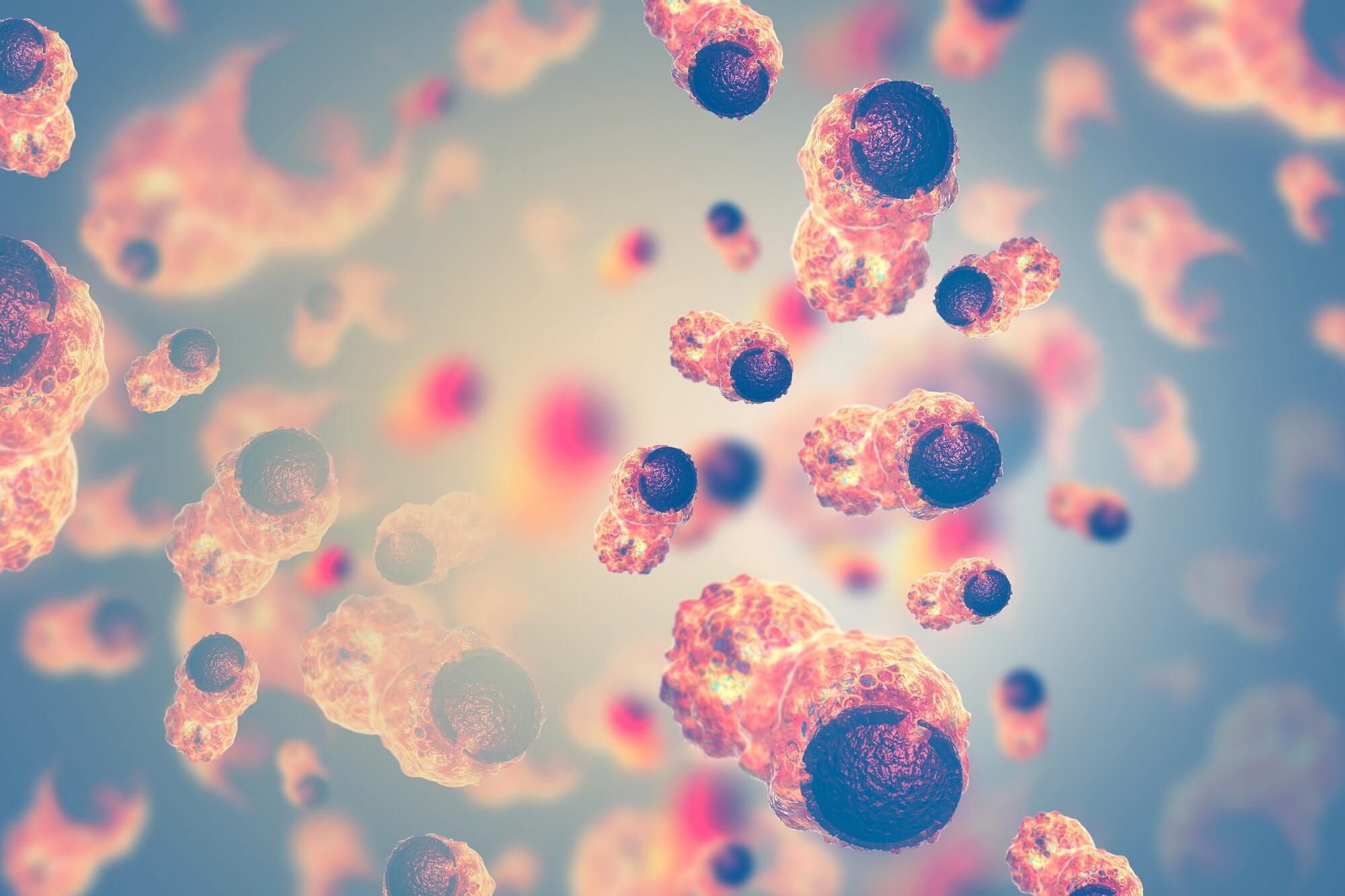Forward-looking: Scientists have developed what could be a revolutionary new cancer diagnoses test: a 10-minute process that detects the disease in a person’s bloodstream using a color-changing fluid.

Currently, a patient who is suspected to have some form cancer must undergo invasive procedures that involve removing tissue doctors believe is cancerous. There’s then an agonizing wait to find out the good or bad news.
But researchers at Australia’s University of Queensland have come up with a test that’s not only cheaper than traditional methods but also takes just 10 minutes and requires only a drop of blood from the patient.
The team found that cancer DNA and normal DNA stick to metal surfaces differently. They showed that healthy cells pattern their DNA with molecules called methyl groups, which alter the levels of necessary and unnecessary genes. This patterning is absent in cancer cells, where only genes that help cancer growth are “switched on.” And while normal DNA cells have these methyl groups placed everywhere, they only appear in small clusters at specific locations in cancer DNA.
The researchers showed that the different patterns of methyl groups caused DNA to behave differently in water, leading to the development of the new test. It involves adding suspect DNA to water contain gold nanoparticles. These particles turn the water pink. When DNA from cancer cells is added, it sticks to the nanoparticles in a way that ensures the water stays its original pink color. Healthy DNA binds differently, causing it to turn blue.
The test has shown a 90 percent success rate on a sampling size of 200. The team now aims to start clinical trials with patients that have more cancer types than have been tested so far.
“We certainly don’t know yet whether it’s the holy grail for all cancer diagnostics, but it looks really interesting as an incredibly simple universal marker for cancer, and as an accessible and inexpensive technology that doesn’t require complicated lab-based equipment like DNA sequencing,” said Matt Trau, a professor of chemistry at the University of Queensland.
While it can’t determine the type or severity of cancers, the prospect of a universal 10-minute cancer test is an exciting one.
Image credit: crystal light via shutterstock
https://www.techspot.com/news/77779-new-blood-test-can-detect-cancer-10-minutes.html